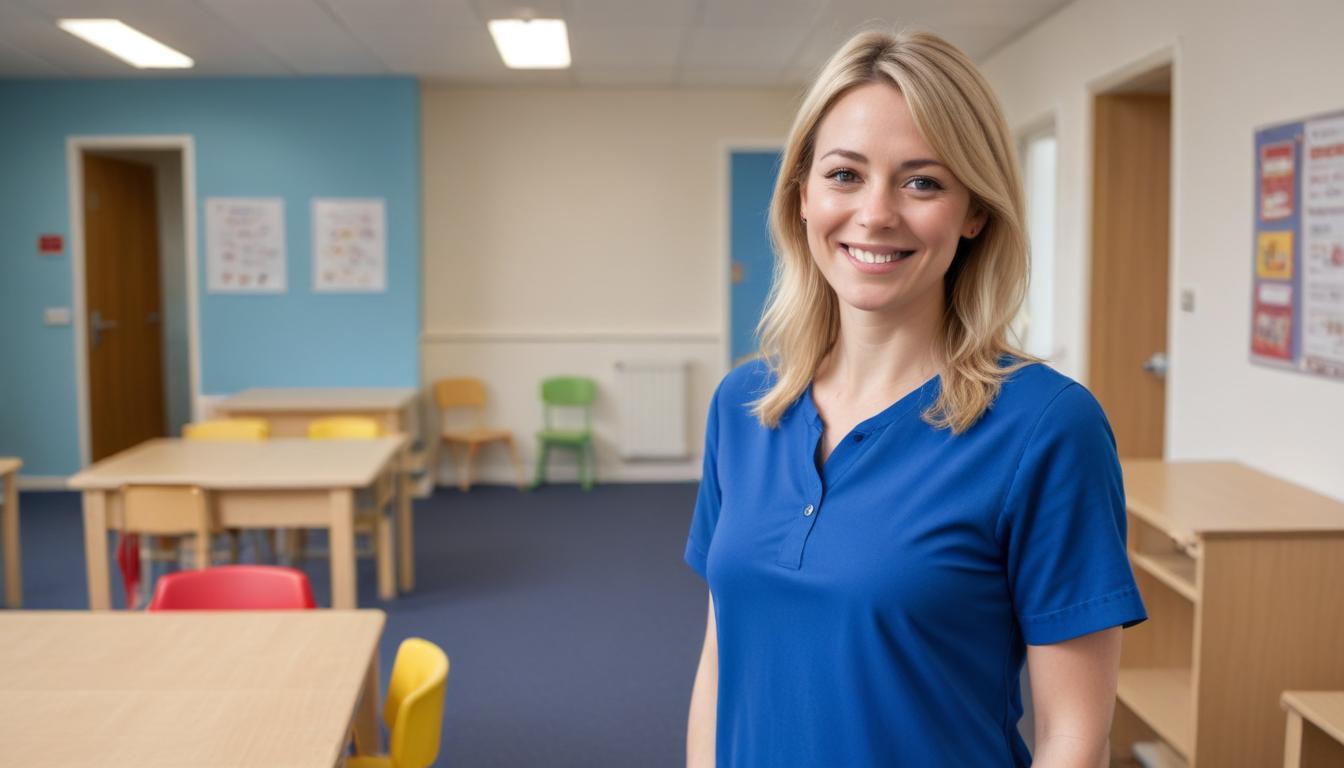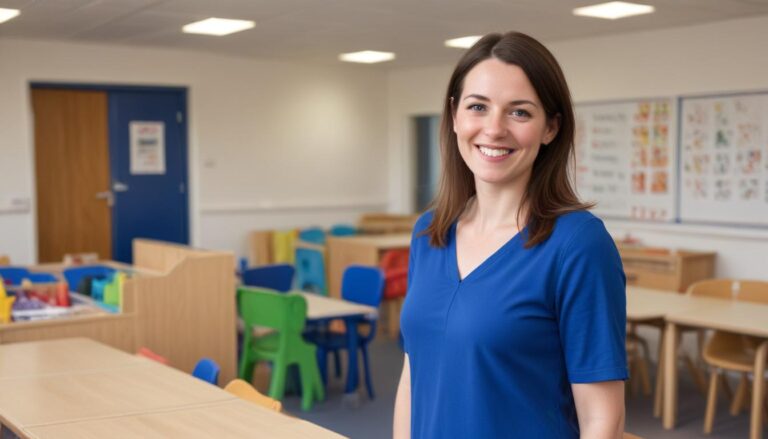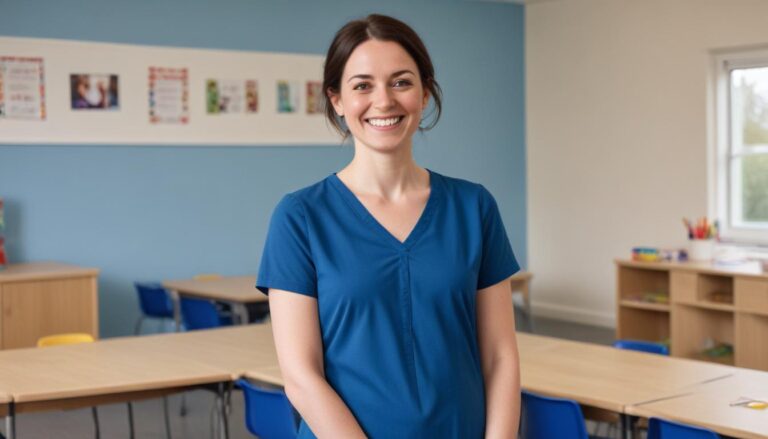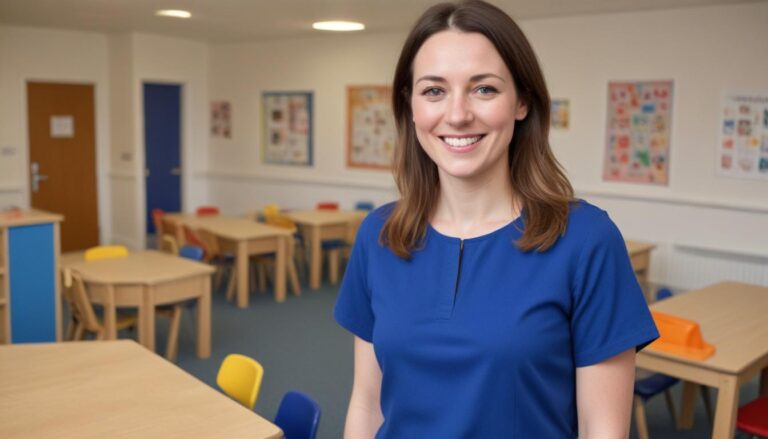
This guide will help you answer 1.2. State reasons why children need to be respected as individuals.
Every child is a unique person with their own thoughts, feelings, and needs. Recognising this individuality is essential in creating a supportive environment where children can thrive. This consideration helps children develop confidence and self-esteem, two important characteristics for personal development and success in life.
What are Individual Needs?
Each child’s personal needs stem from their unique set of experiences, beliefs, and abilities. By respecting these individual needs, caregivers can support their growth and provide opportunities for them to explore and express themselves. This understanding also allows for better communication, reducing misunderstandings and potential frustration.
Meeting these needs involves recognising and adapting to:
- Different learning styles – Visual, auditory, and kinaesthetic learning preferences influence how a child absorbs information.
- Varied interests – Encouraging children to pursue their specific interests fosters engagement and enthusiasm.
- Emotional requirements – Sensitivity to a child’s emotional state helps in providing the necessary support and encouragement.
Promoting Self-Confidence
Respecting individuality promotes self-confidence. When children feel accepted and valued for who they are, rather than being pressured to fit into a certain mould, they are more likely to believe in themselves. This belief in oneself encourages children to take initiative and tackle challenges with a positive attitude.
Developing self-confidence involves:
- Providing meaningful choices – Allowing children to make decisions about their activities helps them feel capable and independent.
- Celebrating achievements – Acknowledging both small and large successes boosts a child’s sense of accomplishment.
- Positively addressing mistakes – Helping children see errors as opportunities to learn rather than failures.
Enhancing Social Skills and Respect for Others
Respect for individual differences lays the foundation for developing social skills and empathy. When children learn to appreciate and respect themselves, they are more likely to extend the same respect to others. This understanding fosters a sense of community and cooperation among children, as they learn to value diverse opinions and perspectives.
To enhance social skills:
- Encourage cooperative play – Activities that require working together help children learn teamwork and sharing.
- Model respectful behaviour – Demonstrating respect in interactions teaches children how to treat others.
- Discuss emotions openly – Talking about feelings improves emotional intelligence and understanding.
Supporting Emotional Development
Emotional development is fundamental to a child’s overall well-being. Respecting children as individuals allows caregivers to support their emotional needs effectively, helping them to understand and manage their emotions as they grow. Children who feel respected are more willing to express their feelings honestly, paving the way for strong emotional development.
Supporting emotional growth involves:
- Offering a safe environment – A supportive space encourages open communication and emotional expression.
- Teaching emotional vocabulary – Helping children name and understand their emotions leads to better emotional regulation.
- Practising empathy – Encouraging children to consider others’ perspectives nurtures compassionate and thoughtful interactions.
Creativity and Independent Thinking
Individual respect encourages imaginative play and independent thinking. When children feel secure in their individuality, they are more willing to explore new ideas and think creatively. This creative freedom supports problem-solving skills and innovation, which are valuable throughout life.
Fostering creativity can be as simple as:
- Providing open-ended materials – Toys and resources that encourage exploration and imagination promote creative thinking.
- Allowing time for unstructured play – Free play supports the development of independent ideas and problem-solving skills.
- Encouraging questioning – Inviting children to ask questions nurtures curiosity and critical thinking.
Building Trusting Relationships
Respect is a cornerstone of trust. Children who are treated with respect learn to trust those around them, contributing to healthy relationships with adults and peers. Strong relationships are built on communication, honesty, and mutual respect, which also foster a sense of security and belonging for children.
To build trust:
- Communicate openly – Encourage discussions that allow children to share their thoughts and feelings.
- Be consistent – Consistency in words and actions builds a dependable environment for children.
- Respect privacy – Acknowledging a child’s need for personal space and confidentiality strengthens trust.
Encouraging a Positive Sense of Identity
A positive sense of identity helps children understand who they are and what makes them unique. Recognising and respecting individuality supports this self-awareness and pride in one’s heritage and abilities. Children who accept themselves as they are have a strong foundation for personal development, resilience, and life-long satisfaction.
Encouraging identity involves:
- Celebrating cultural backgrounds – Allowing children to explore and share traditions builds pride in their heritage.
- Supporting personal interests – Encouraging children to pursue their hobbies and interests nurtures their sense of self.
- Promoting acceptance – Teaching children to accept their strengths and weaknesses fosters self-appreciation.
Addressing Diverse Abilities and Needs
Children possess a wide range of abilities and needs. Whether due to cognitive differences, physical abilities, or emotional challenges, respecting each child’s unique situation encourages their development in a personal and understanding way. This approach acknowledges and embraces diversity, resulting in a fair, inclusive environment for all children.
Address this diversity through:
- Offering tailored support – Recognising individual abilities allows caregivers to provide appropriate support and resources.
- Creating an inclusive environment – Adapt spaces and activities to accommodate a variety of needs to ensure access and participation for all.
- Encouraging peer support – Promote environments where children assist and learn from each other, fostering a sense of community.
Aligning with Children’s Rights
Respecting children as individuals is in line with the rights outlined by the United Nations Convention on the Rights of the Child. These rights suggest that every child has the right to be treated with dignity and individuality. Aligning with these principles ensures that children receive fair and respectful treatment in all situations.
Key aspects of children’s rights include:
- The right to express views – Allowing children to have a say in matters affecting them respects their autonomy.
- The right to protection from harm – Respecting individuality promotes environments free from bullying and discrimination.
- The right to education – Ensuring access to education tailored to the individual supports personal growth and development.
Developing Life Skills
Respecting individuality is essential for helping children build important life skills, such as resilience, problem-solving, and adaptability. These skills prepare children for future challenges by encouraging them to approach situations with confidence and flexibility. Children learn to trust their intuition and hone their decision-making abilities.
Developing these skills includes:
- Encouraging exploration – Support children in trying new activities and experimenting with solutions.
- Teaching coping strategies – Help children manage setbacks and recover from disappointment.
- Providing problem-solving opportunities – Create scenarios where children can practice and refine their problem-solving skills.
Subscribe to Newsletter
Get the latest news and updates from Care Learning and be first to know about our free courses when they launch.




